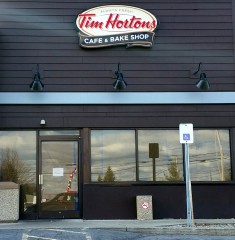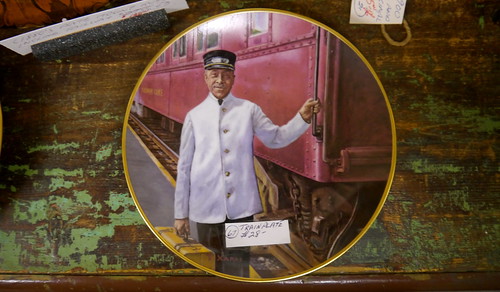Why Employees Don’t Trust Management
Posted by Mitch Mitchell on Dec 11, 2015
A couple of years ago I wrote a post titled Do You Trust Your Employees after reading a story where a factory was putting electronic tracking devices on their employees. I could have easily given it the title above.
 |
I'm glad I didn't, because I can give better attention to the question about employees and trusting management. If you ask me, not only don't they, but they probably shouldn't... or at least should make management earn it, which I've always believed. Do you want to know why employees don't trust employers? I'm going to give you an example.
Last month here in Central New York, the coffee chain Tim Hortons announced on a Tuesday evening that they were going to be closing some of their locations in the area. It turns out that wasn't quite accurate; they closed all of their locations.
The news came out of nowhere. Most of the stores have been performing well, and one of those happened to be a brand new store that they'd just opened three months earlier in downtown Syracuse. Supposedly there were representatives from the company that visited some of the stores and announced that they were closing right then and there and pretty much sent the employees on their way.
Then the back up crew came in and pretty much stripped everything off the buildings that would indicate it was a Tim Hortons. They also boarded up windows, and the only notification to the public was a paper sign that they taped to the door apologizing for closing and thanking patrons who used to visit.
The thing about those stores closing as they did is that it was a week before Thanksgiving and leading into the holiday season. In the news story, the Tim Hortons representative made sure that they said they were going to be supporting their franchise owners. But did they mention anything about the employees? No. Can you imagine how many employees in the area, which spans a pretty large section of the middle of the state, lost their jobs with no notice in the holiday season?
In my mind this was worse than the one and only time I went to a Tim Hortons. That day, which happened to be the opening of a brand new store in the area, my wife and I got the worst service ever out of any place we'd ever been, & I swore I would never go back. I almost kept that promise, only going to one particular location because it had a Cold Stone Creamery attached to it.
 |
The thing about Tim Hortons closing as it did is that it wasn't the first time that sort of thing has happened in this area. This summer, a large chain steakhouse closed its doors early on a Saturday night and by morning had removed all signage and basically cleared out anything of value that was inside the restaurant. A few years earlier, a local casket company had its employees show up one morning to see a sign on the door telling them to go to a location that had an auditorium, where they were informed that the factory was immediately closed and they didn't have jobs any longer.
Is it any wonder employees don't trust employers? It might seem like these are isolated incidents, but every day somewhere in the world there's a company that is either closing or laying off employees that had no idea that the companies were in trouble. Sometimes companies might not even be in trouble, which might even be worse because who would expect companies doing well to shut their doors?
I acknowledge that sometimes companies have to close, or employees have to be laid off when companies are in trouble. Not telling employees the status of a company, usually for fear that a lot of employees will leave early before companies are ready to close, is unfair and makes both companies look horrible. Most of the time they don't care, but in a case like Tim Hortons, it has to send ripples through the rest of the country where Tim Hortons has their stores. As I said earlier, these stores reportedly had been doing pretty well, so if there are financial issues we have no idea what they are or what they could be.
This is why I like to stress that as leaders or organizations, we need to make sure that we are treating our employees fairly. No organization exist without its employees, and it's better to treat them with respect so they will treat your customers with respect as opposed to the way employees like the former Pullman porters used to be treated.
Always remember this; you're an employee as well.


Hey Mitch, insightful read about how companies misttreat employees.
And thanks for linking to my article about the Pullman Porters. Appreciate you.
No problem Marcie; it helped reinforce my point well.